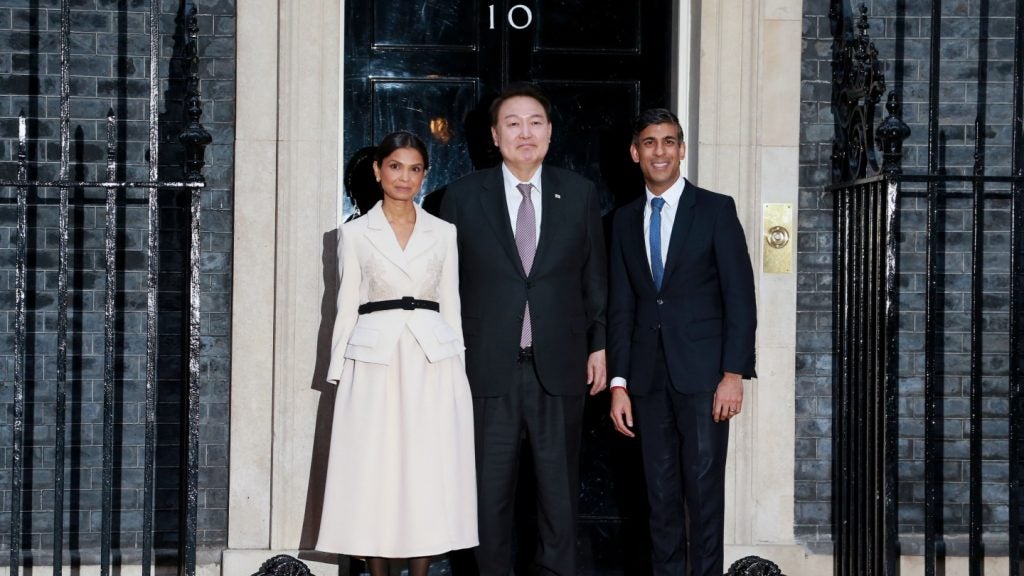
While uncertainty has been a theme for most sectors in the UK over recent months, the medical technology (medtech) industry has suffered more than most.
Now the unexpected result of the UK’s snap general election will only deepen concerns.
Medical technology companies who wish to do business in the UK currently have a lot on their minds.
Revolutionary regulatory changes, a restructured NHS, new procurement avenues and, of course, preparing for the UK’s departure from the European Union (EU) are all issues that make planning for the long term quite a challenge in 2017.
First and foremost, the new European Medical Device Regulations (MDR) and In Vitro Diagnostic Regulations (IVDR) are currently a primary concern for the industry.
Brexit uncertainty — a familiar phrase throughout boardrooms — has hit the medtech industry with extra dose of upheaval due to these new regulations consisting of over 200 articles across more than 1,000 pages that officially came into force across the EU on 25 May.
How well do you really know your competitors?
Access the most comprehensive Company Profiles on the market, powered by GlobalData. Save hours of research. Gain competitive edge.

Thank you!
Your download email will arrive shortly
Not ready to buy yet? Download a free sample
We are confident about the unique quality of our Company Profiles. However, we want you to make the most beneficial decision for your business, so we offer a free sample that you can download by submitting the below form
By GlobalDataDespite the presence of a three to five year transition period (depending on the technology in question) to adjust to these long-awaited changes, the stricter requirements and a lack of so-called grandfathering — where older practices are temporarily exempt from the changes — means this is a daunting change to business for many companies.
As the industry adjusts to the new regulations and awaits developments following the commencement of Brexit negotiations, a clear political settlement domestically would have brought a welcome degree of stability over the next five years.
This proved not to be the case, however, and though Theresa May remains prime minister, the reality is that the future for business has become significantly less clear.
The impact of this result goes beyond Brexit.
While the UK is an excellent hub for research and development, the NHS is poor at adopting such innovation.
Many companies often look abroad if they want a new technology to be quickly taken up.
As such, initiatives such as the Accelerated Access Review (AAR), which aims to speed up access to new drugs and technologies, and the Life Sciences Industrial Strategy were welcome endeavours.
For programmes such as these that already sit in the all-encompassing shadow of Brexit, however, the election result will likely now delay them further.
The government response to the AAR, which itself was delayed for many months, will almost certainly not come over the summer as originally expected and work on the Life Sciences Industrial Strategy will also surely stall.
Given the operational independence of the NHS, the election result will likely have less of an impact on their work towards delivering the aims of the Five Year Forward View, which outlines how the health service needs to change to cope with the myriad pressures it is currently facing.
Given the lack of much political room for manoeuvre, however, controversial programmes such as the Sustainability and Transformation Partnerships and other changes that can be painted as NHS cuts are more likely to make previously comfortable politicians pause for thought.
Finally, the joker in the pack is Northern Ireland’s Democratic Unionist Party (DUP) — the unexpected kingmakers of this election — who will have their own priorities.
The one hope for the medtech sector is that this result will actually make the chances of a transitional period following the UK’s departure from the EU, which industry has wanted all along, more likely as the government takes the time to compromise in order to get legislation passed.
Furthermore, the DUP are on record as opposing a hard border with the Republic of Ireland and are thought to be wary of a so-called hard Brexit, which could be an important factor in any deal that is struck between the Conservatives and the DUP.
This only remains relevant as long as a Conservative minority government remains in power, however. The very real possibility remains of a Conservative leadership contest and second general election later this year.
Rather than give stability, with Brexit negotiations now underway, the election has made the political future of the UK even less clear.








Related Company Profiles
AAR Corp